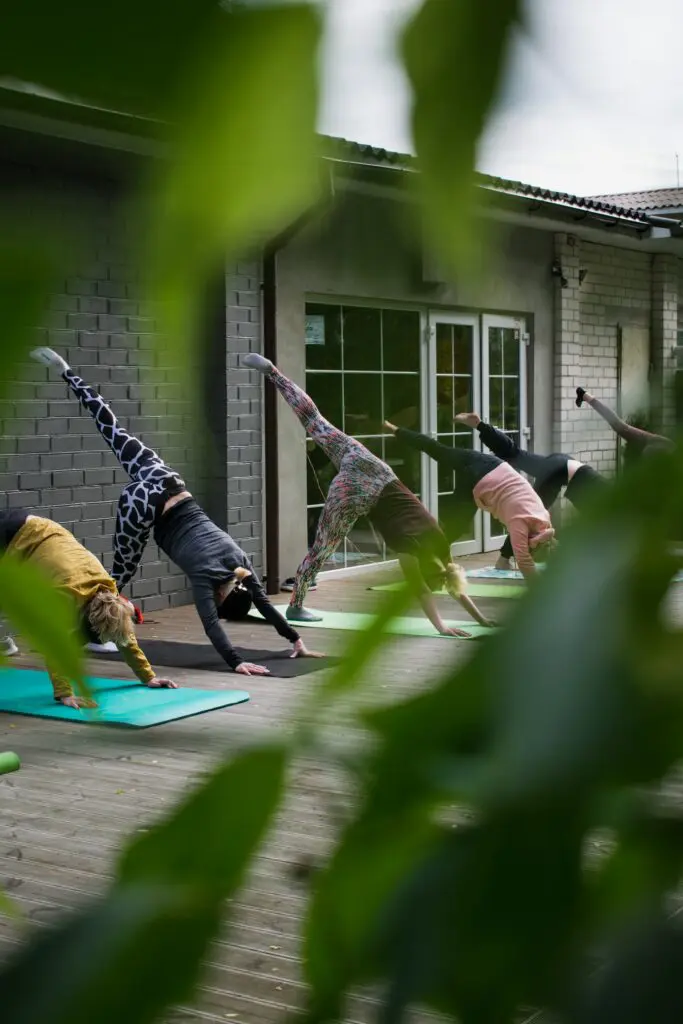
Neste and Sofigate pilot developed a new way to take care of employee well-being in long projects
Talent shortage keeps getting worse. Even so, in most IT projects employees are still being treated as numbers. Neste and Sofigate started a pilot project to develop a completely new way to take care of people, their most important resource.
In 2017, Neste started an ERP project that ended up lasting six years. Long IT system renewal projects like this can be taxing to the participants.
This is why Neste decided to start a pilot within the project with its partner Sofigate. How could they promote the well-being of those working in a long project?
“Our way of promoting well-being was based on volunteering, providing support, and mentoring. Our well-being efforts provided us with tools and practices to be used in managing the project and working in it. Productivity has improved, and I believe that the number of sick days has fallen,” Project Manager Marko Mäki-Ullakko from Neste says.


Well-being from people to people
Everyone involved in the project was asked to answer a short well-being survey every month, so the results of the work could be followed continuously. Approximately one-third of the project participants answered the surveys.
“Regular surveys provided us with good information about, e.g., what kinds of measures are worth taking to improve well-being at work. Anonymous feedback is also an important way to follow well-being at work and get new ideas. People brought forward their wishes and took part in implementing the activities, according to their skills – for instance, we had mindfulness exercises and karate lessons,” says Selina Bakir from Sofigate; she oversaw well-being in the project.
Thanks to the surveys, it was also possible to react to issues quickly. For example, laborious deployments could be seen in the survey results as well as the workload number. A decision was made to arrange a Workload Management training for team leaders in the project, and this produced good results. The team leaders who attended the training were more committed to taking care of their team’s well-being.
What kinds of tools could we offer your business to develop and support well-being? Find out more about our transformation leadership offering.
Well-being butterfly effect starts with leaders
In a multi-supplier environment, engaging all parties is easier said than done. Businesses have different views on well-being at work and its importance. According to Bakir and Mäki-Ullakko, the centralized responsibility for well-being in the project was a good way to harmonize practices, but it does require a commitment to a mutual goal by all parties.
“No one should burn out in hectic project work. We must manage people’s workload and make sure we have sufficient resources. The plans need to be realistic, too, and all parties must be committed to them,” says Mäki-Ullakko.
Project managers and team leaders, in particular, have the ability to affect whole teams – and through them their stakeholder groups. Results from well-being surveys were reported every month to the steering group and other important parties. According to Bakir, Mäki-Ullakko also had an important role in promoting well-being at work as the project manager.
“I would not have been able to do all this in collaboration with Marko hadn’t run so smoothly. The project manager has to be there providing support; Marko understood how important well-being is and so wanted to promote it,” Bakir commends.
Read more: Leaders should include wellness work in project plans, believes Selina Bakir.


Centralised well-being efforts demand exceptionally extensive expertise
As a specialist in business technology, Sofigate’s approach to digital change projects like the one in Neste is comprehensive. From the project manager, it demands an ability to take into consideration all areas of the IT project, including well-being. Bakir has extensive experience in both well-being programs and IT projects.
Carefully selected partners can be taken on board to provide support to Sofigate experts, when necessary, such as Hintsa Performance in the Neste pilot project.
“I have strong IT expertise, but I also understand well-being needs. This is why it was easy for me to act as a middleman between Neste and Hintsa. Neste’s needs were communicated to Hintsa accurately, and buying well-being services for the pilot project was simple for Neste,” says Bakir.
Data proves the well-being results achieved
Both Bakir and Mäki-Ullakko are analytical, so for them, it was important from the get-go to be able to show the well-being results numerically. The most important indicators, like survey results, kept developing throughout the project.
Even so, the pair recognizes that measuring well-being is difficult, because how one experiences well-being is individual. In the long project, the means of promoting and measuring well-being developed constantly. One important tool used to promote well-being was regular one-to-one discussions. Lessons learned can be utilized in future projects.
“In the future, I would like to think about the KPIs more closely. How could we measure the impact of well-being efforts? Could we, for example, follow the turnover of personnel?” Bakir ponders.
Both Bakir and Mäki-Ullakko agree that the well-being program was crucial in the success of the project.

Well-being efforts bring energy and enthusiasm for challenges to come
Towards the end of the long ERP project, Bakir and Mäki-Ullakko decided that they wanted to provide the project participants with well-being tools for future challenges, so they started a six-month coaching program with Hintsa Performance.
The pre-packaged program addressed, among other things, the challenges of remote working brought about by the COVID-19 pandemic and provided employees with ways to improve their own health.
One of the main goals was to end the years-long project so that the people who worked in it would be well and healthy when moving on to their next projects. Preparations for future challenges were made, for example, in workshops focusing on everyone’s own strengths and how employees could utilize them in their future tasks.
Want to know more?
We’ll be happy to continue the discussion, leave us a message on our contact us page and we’ll get back to you!